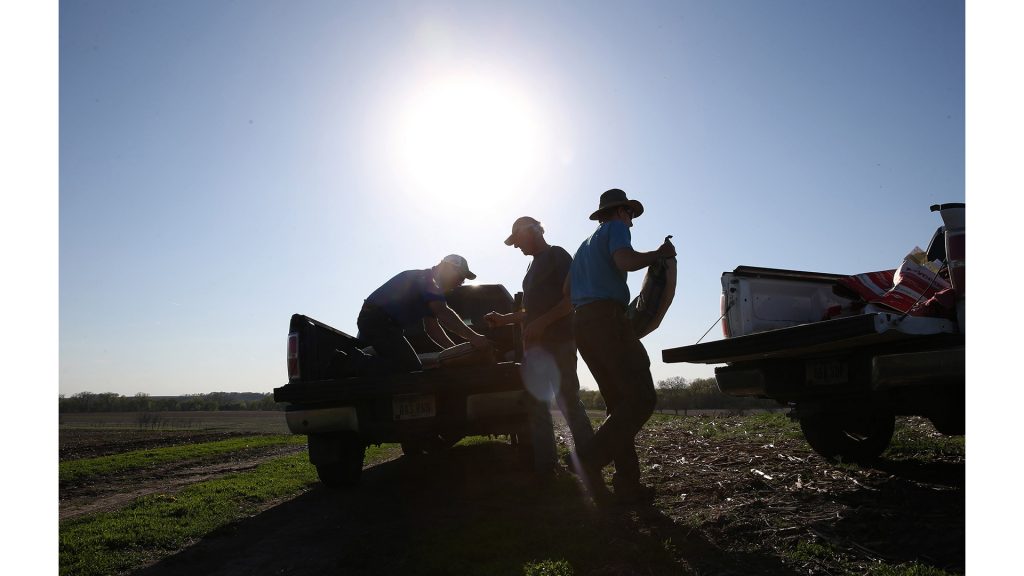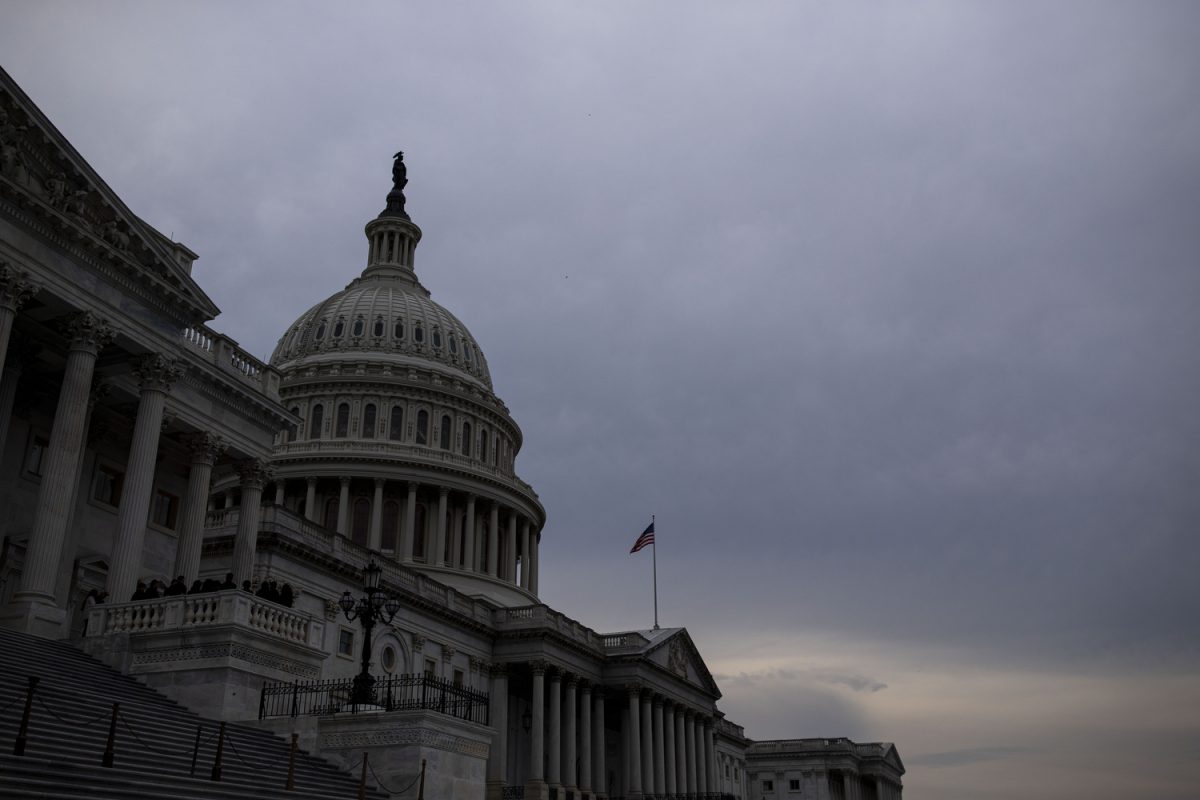Imposing tariffs threatening trade between China and the United States could cause trouble for Iowa soybean farmers.
“It will make it difficult for farmers if we lose the market in China,” said Aaron Putze, the director of communications and external relations for the Iowa Soybean Association.
When the U.S. proposed a 25 percent tariff on imported steel and a 10 percent tariff on imported aluminum on March 23, China responded with 15 to 25 percent proposed tariffs on more than 100 American products.
When the U.S. responded to China on April 3 with a proposed list of $50 billion worth of Chinese imports that would face a 25 percent tariff, China reacted with an additional 25 percent tariff on more than 100 American goods, including soybeans, beef, corn, and ethanol.
Although the imposing tariff is a concern, Putze said it’s important to acknowledge that changes are only proposed and that nothing has been officially implemented.
Putze also said a short-term worry is the significant impact the tariffs could have on not only farmers but particularly farmers who have soybeans as their main crop.
“We fear there is an anti-American sentiment that is growing in China that will have repercussions for the next many decades,” he said.
The U.S. Department of Agriculture reported in 2017 that Iowa was second in the U.S. in soybean production, producing an estimated 562 million bushels in 2017.
Gov. Kim Reynolds acknowledged at an April 12 press conference that farmers tend to be early targets in trade disputes.
RELATED: Delegates vow to protect Iowans if steel, aluminum tariffs lead to trade war
“… and the markets have reflected that uncertainty,” Reynolds said. “The potential damage to export markets comes at a difficult time for our agriculture economy, with depressed commodity prices adding uncertainty for farmers as they head into the 2018 planting season.”
Reynolds said no one wins in a trade war.
“While some disruption may be necessary and part of the negotiation process,” she said. “This can’t be done on the backs of our farmers.”
Dermot J. Hayes, a professor in the Iowa State University Department of Economics and the Pioneer Chair of agribusiness, said the tariff percentages brought on déjà vu.
“The Great Depression in the 1920s and ’30s in this country was caused in part by a trade war,” Hayes said. “The U.S. imposed duties, and then other countries imposed duties on products, and it escalated — my immediate concern was history repeating itself.”
Hayes said he originally thought that if China imposed tariffs on soybeans, there would be what he called a reshuffling of trade, and Brazil would export more to China while the U.S. would export into countries that Brazil was vacating.
“… But when I looked at the numbers, I realized that China is so important to both the U.S. and Brazil there’s no way we can do that kind of backfilling,” he said.
If China did enact tariffs, Hayes said, he thinks the U.S. would continue to ship soybeans to China, but the U.S. would have to make up for it. Either Chinese prices would have to go up, he said, or U.S. prices would have to fall — or a combination of both.
“… So I think if China does put duties of 20 percent [on soybeans], I think our soybean prices could fall as much as 10 percent …”
Aadit Tambe contributed to the reporting for this story.













